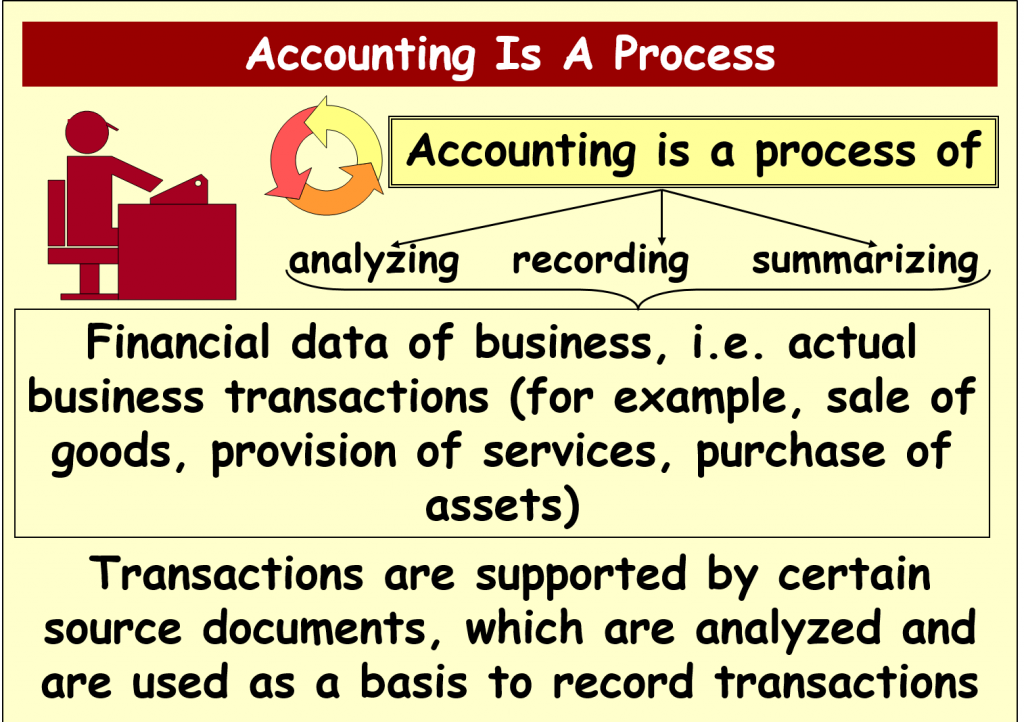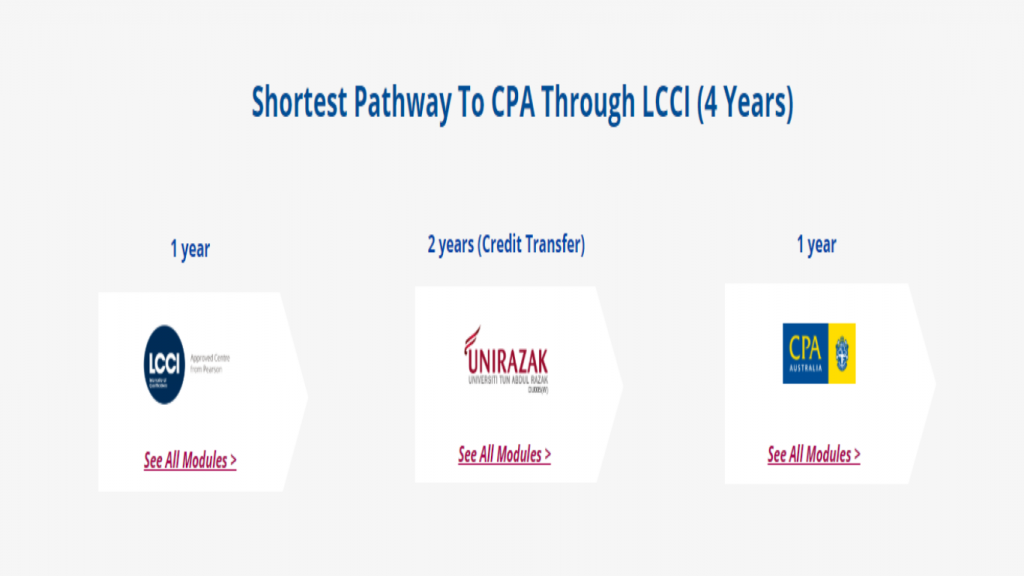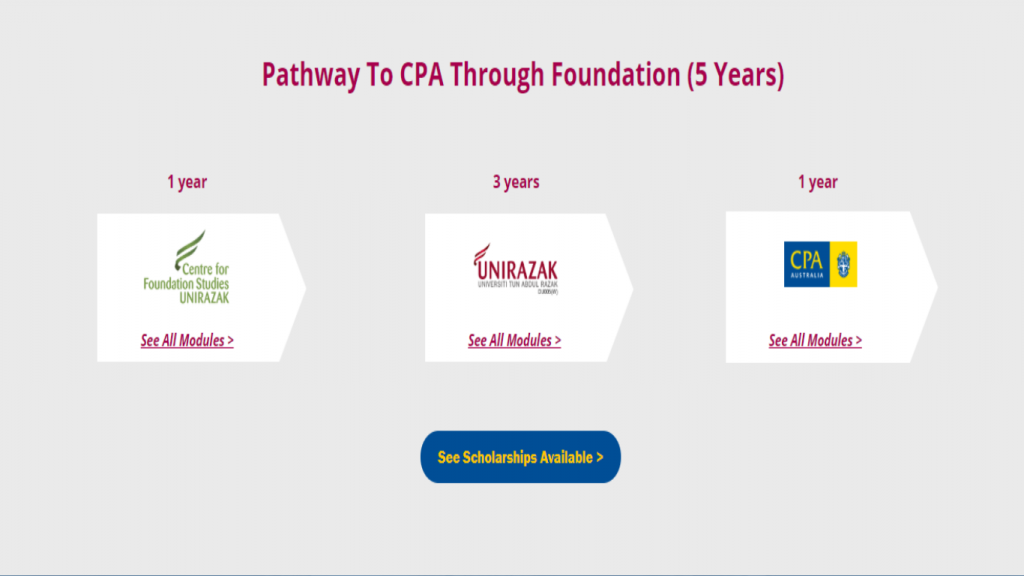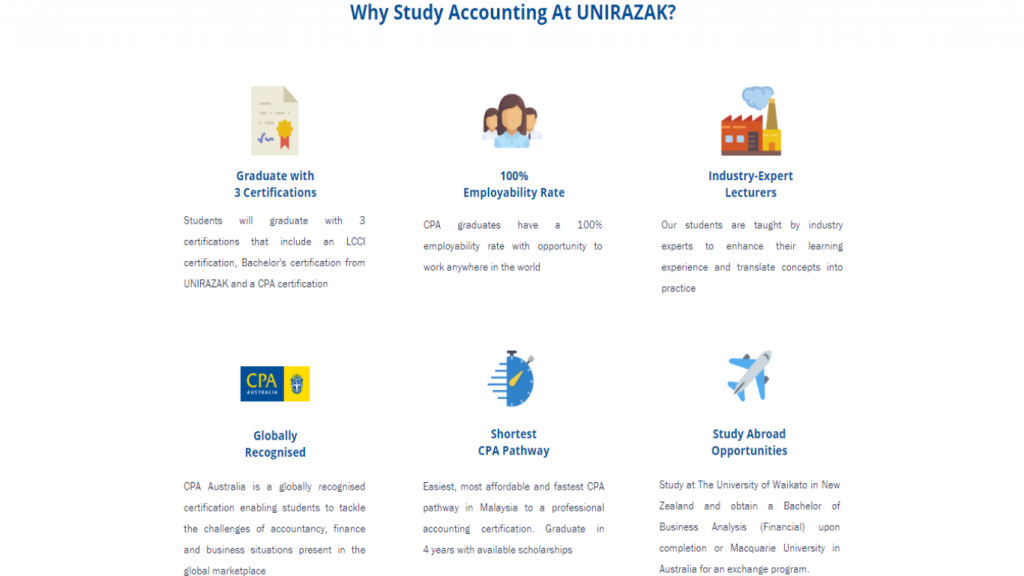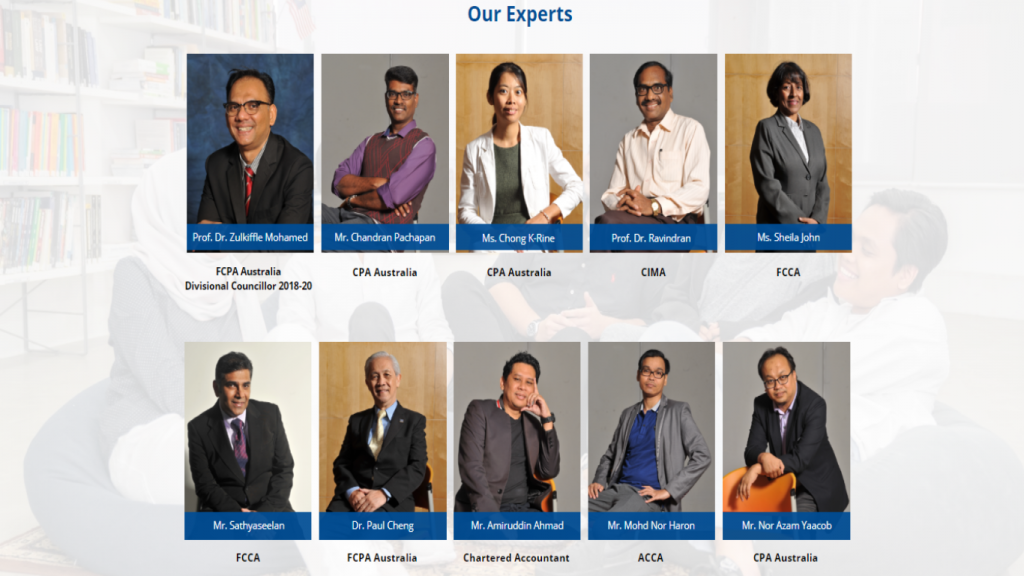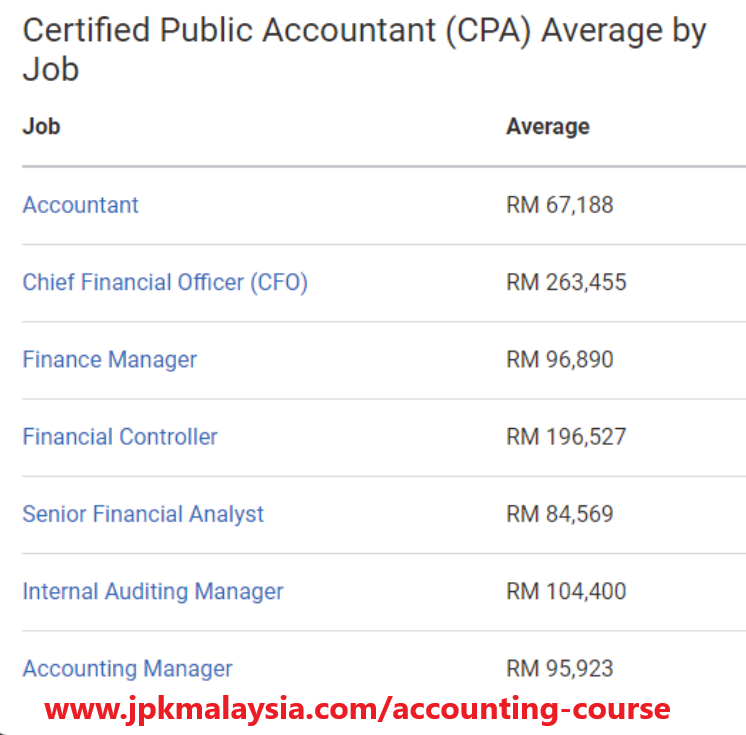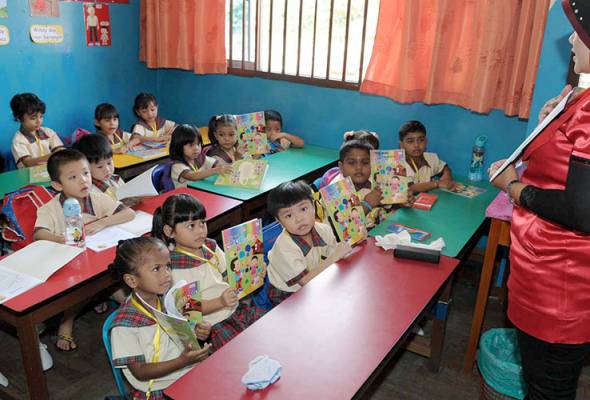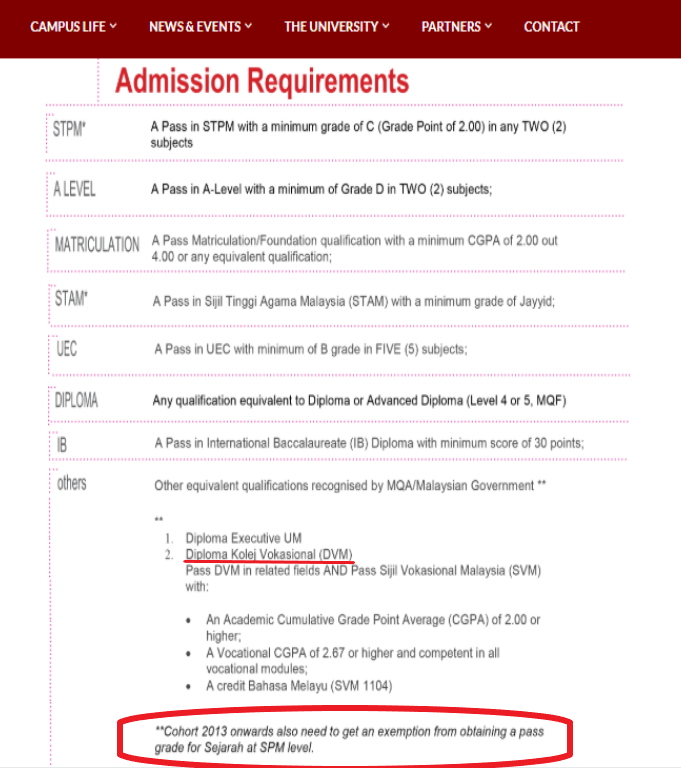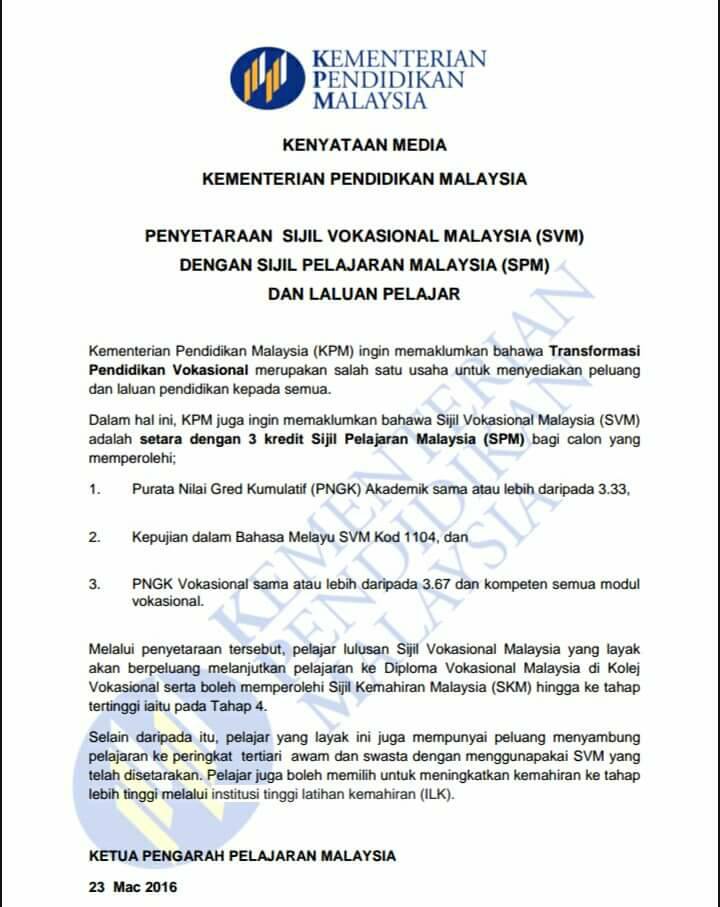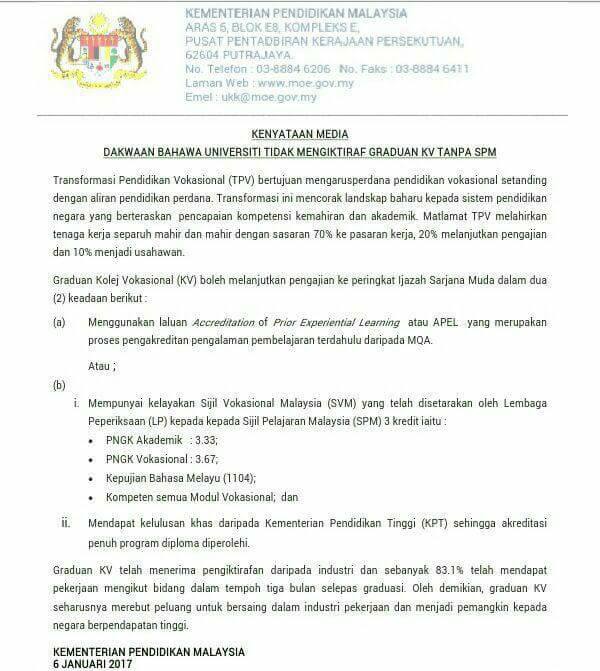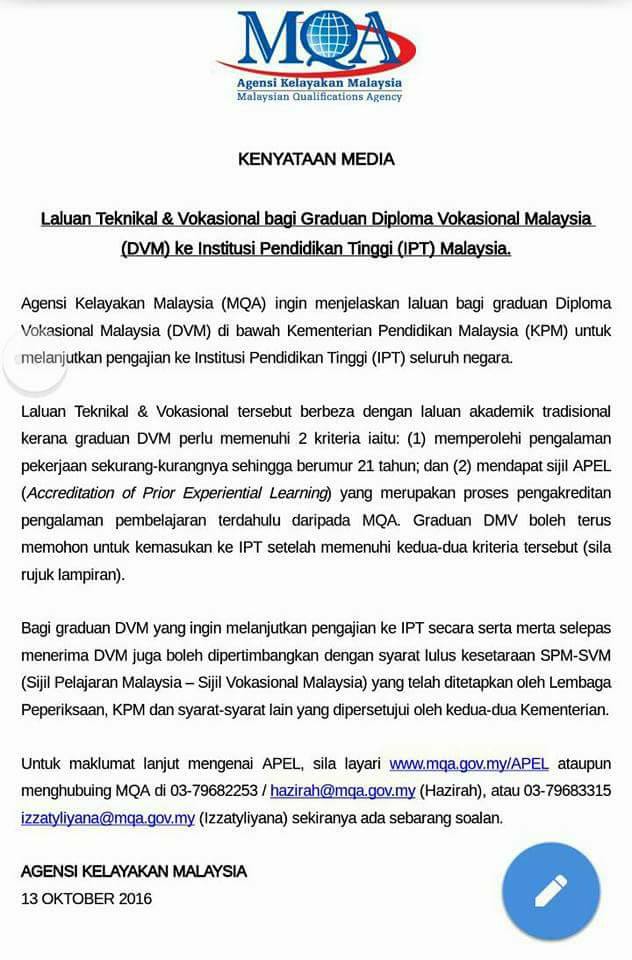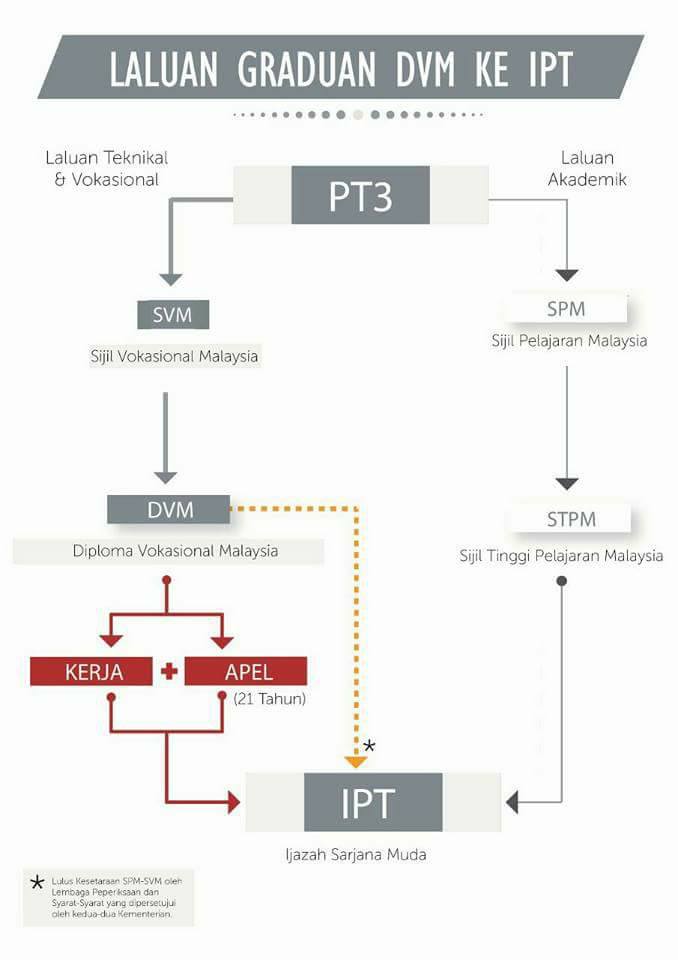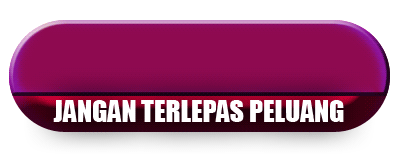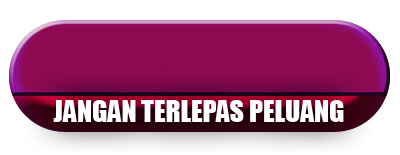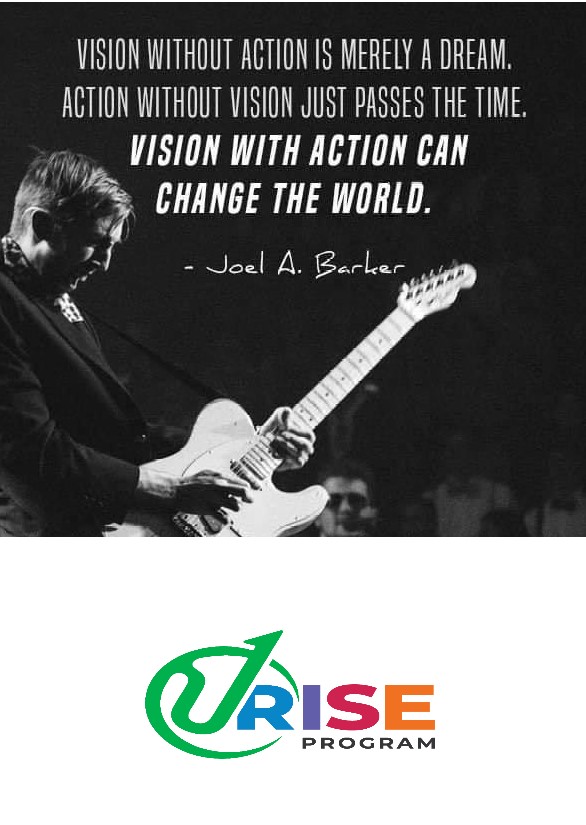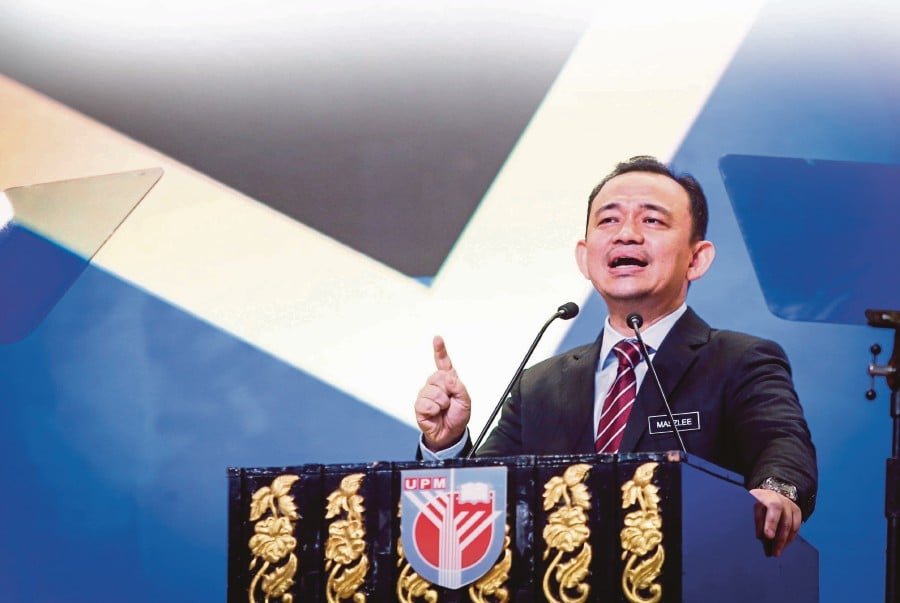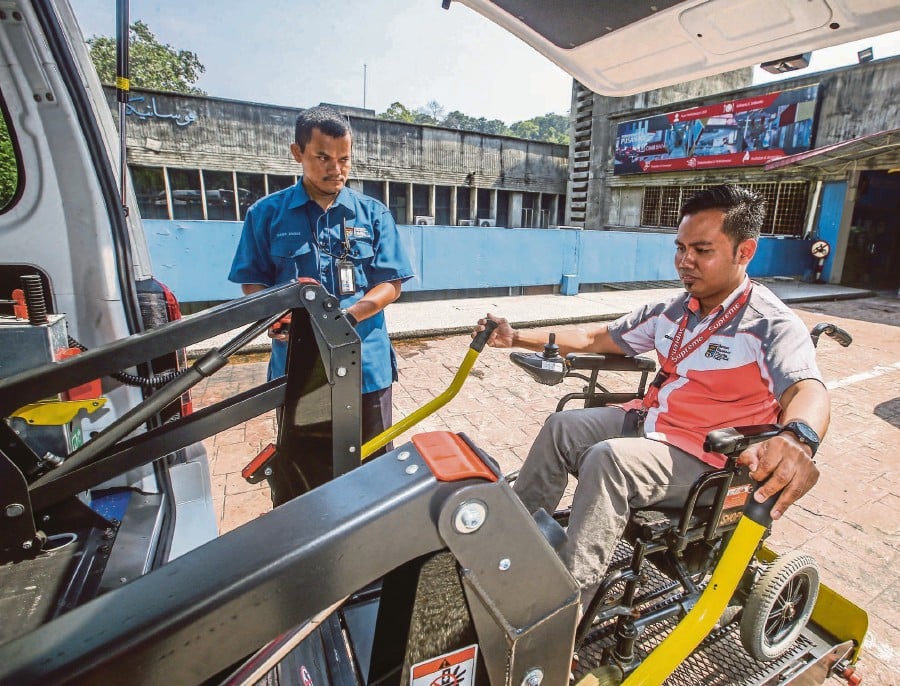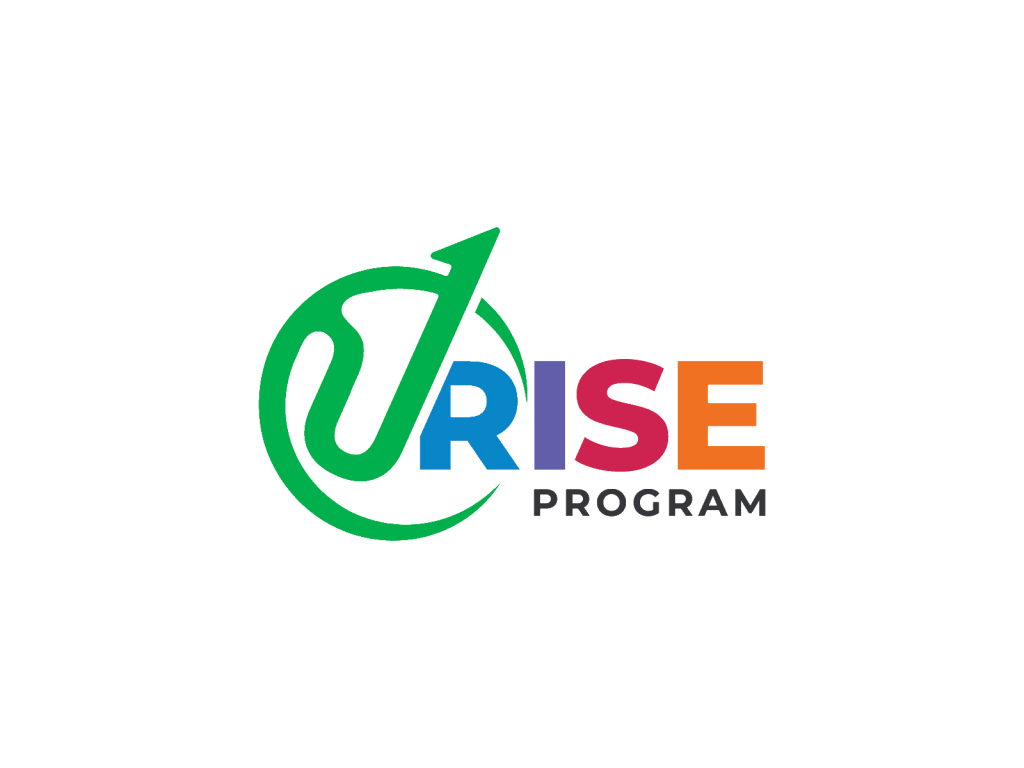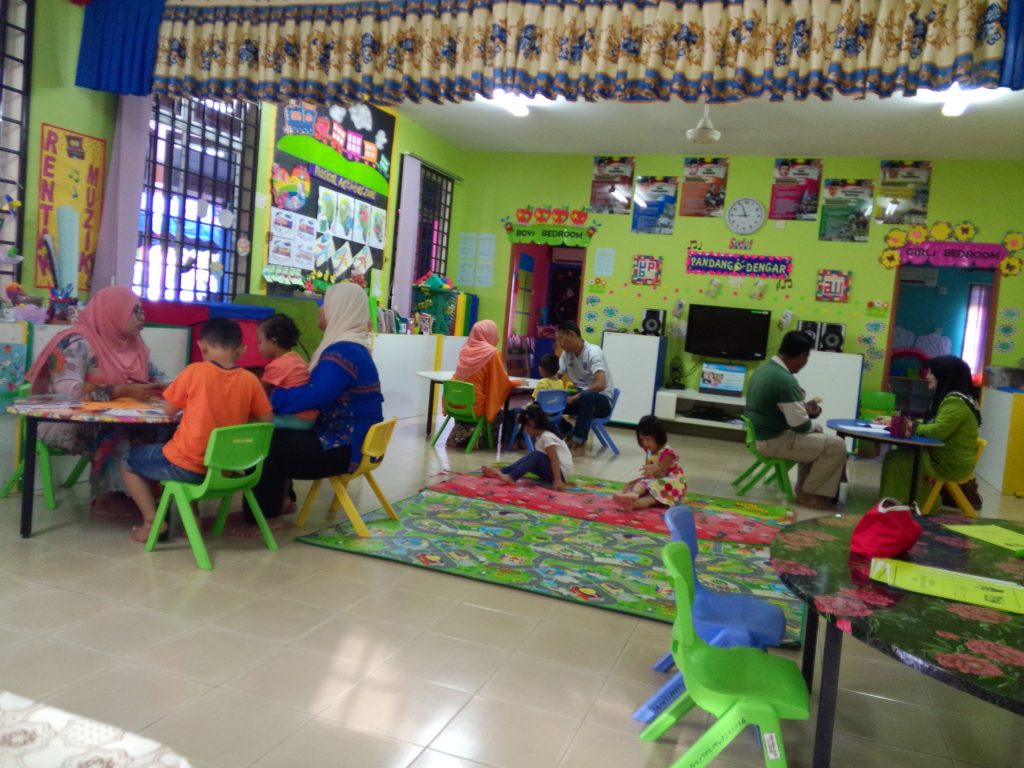
Setelah hampir 3 bulan PKP & PKPB, akhirnya semua prasekolah dan tadika dibuka (akan dibenarkan kembali dibuka bermula 1 Julai ini), menurut Menteri Kanan (Kluster Keselamatan) Ismail Sabri Yaakob.
Keputusan itu melibatkan 6,216 prasekolah di bawah Kementerian Pendidikan dan 7,887 buah milik swasta, serta 1,781 tadika di bawah Kementerian Perpaduan Negara dan 8,530 tadika kemas di bawah Kementerian Pembangunan Luar Bandar.
Terkejut dengan angka ni?
Ni yang min nak kaitkan dengan TVET. Peluang kerjaya dalam bidang pra-sekolah dan pendidikan awal kanak-kanak memang cukup banyak. Nanti kita bincang pula apakah yang diperlukan untuk berkecimpung dalam industri ini serta kelayakkannya di penghujung artikel.

SOP termasuk sewaktu pelajar datang dan pulang, cara bermain dalam tadika, waktu makan semua lengkap. Namun, SOP yang terperinci akan diumumkan oleh Kementerian Pendidikan.
Menteri Kanan (Kluster Keselamatan) Ismail Sabri Yaakob
Persoalannya, adakah anda, sebagai ibu bapa kepada anak-anak tersayang anda, telah bersedia untuk menghantar mereka, walaupun prasekolah atau tadika akan dibuka minggu depan (1 Julai 2020)?
Sememangnya banyak arahan yang dikeluarkan mengelirukan rakyat.
Pembukaan sekolah menengah 24.6.2020 dikaburkan dengan persoalan kehadiran guru sekolah rendah.
Arahan dan saranan Kementerian bercanggah dengan arahan JPN dan PPD. Mengapa pula bukan pelajar sekolah menengah bukan kelas peperiksaan didahulukan dulu atau murid yang berada dalam Tahap Dua sekolah rendah berbanding murid prasekolah dan tadika?
Seolah-olah kenyataan tidak berpaksikan kepada satu sumber yang mutlak.
Namun, min berpendapat semua ini dilakukan untuk mudahkan ibu bapa yang bekerja untuk tinggalkan anak mereka di prasekolah & tadika.
Apapun, kerajaan telah buat keputusan. Sekarang terserah kepada:
1. Pihak pengurusan prasekolah dan tadika untuk memastikan kanak-kanak mengikut SOP yang ditetapkan untuk pastikan tiada jangkitan berlaku.
2. Cikgu-cikgu prasekolah dan tadika serta kakitangan yang terlibat dapat mematuhi SOP yang ditetapkan dan bimbing anak-anak kecil untuk mengikut SOP juga. Anak-anak kecil ni perlu dibimbing dan diawasi agar kebersihan diri mereka dijaga dengan baik.
3. Ibu bapa boleh buat persediaan awal
Bercerita dan berlatih (role play)
- Social distancing – apa dan bagaimana, kenapa diperlukan dan sebagainya
- Basuh tangan dengan cara yang betul. Ajar anak-anak untuk basuh tangan setiap kali sebelum dan selepas makan.
Cara bersin/batuk yang betul. - Elak daripada sentuh hidung dan mata (ni memang susah :-P)
Ini adalah norma baru dan memerlukan masa serta latihan yang berterusan. Jadi digalakkan ibu bapa dapat membuat persiapan lebih awal.
Hmm, mungkin juga anda sebagai ibu bapa rasa nak tukar bidang setelah menjaga & mendidik anak selama 3 bulan ni di rumah? Mari kita lihat kelayakkan apa yang diperlukan untuk menjadikannya sebagai kerjaya.
Kelayakkan apa yang diperlukan?
Kursus Asuhan Permata yang diluluskan oleh Jabatan Kebajikan Masyarakat (JKM).
Anda juga digalakkan (mungkin wajib kelak) untuk mengikuti kursus pendidikan awal kanak-kanak yang menawarkan persijilan berikut:
Sijil Kemahiran Malaysia 3* dalam Pengasuhan dan Pendidikan Awal Kanak-Kanak (T982-001-3:2017) (program setahun) atau setara, jika anda ingin menjadi pengasuh/pendidik awal kanak-kanak atau pemilik taska.
Anda tidak perlu kelulusan SPM tetapi cuma kemahiran 3M (Membaca, Menulis & Mengira) dan umur minima 16 tahun.
Bergantung kepada institut yang anda pilih, kursus diajar dalam BM atau English)
ATAU
Kursus Diploma in Early Childhood Education (2.5 tahun), jika ingin mengajar di tadika.
Syarat kemasukkan:
- 3 Kredit dalam SPM atau setara; atau
- 2 Kredit dalam SPM dan pengalaman kerja dengan anak-anak kecil selama 3 tahun; atau
- 1 Kredit dalam SPM dan pengalaman kerja dengan anak-anak kecil selama 5 tahun
- Sijil Kemahiran Malaysia 3 atau Sijil Kolej Komuniti (Tahap 3, MQF) dalam bidang berkaitan dan lulus SPM dengan sekurang-kurangnya 1 Kredit dalam satu (1) subjek
- Kemasukkan melalui Accreditation of Prior Learning Experience (APEL): 1 Kredit dan 5 tahun pengalaman kerja/pembelajaran yang berkaitan
Peluang Kerjaya:
- Pengarang Buku Kanak-Kanak
- Pengajar Pendidikan Seni
- Penyiar TV Kanak-kanak
- Pembangun Kuikulum
- Perunding
- Wartawan
- Pensyarah (Perlu ada Bachelor Early Childhood Education jika nak ajar Diploma Early Childhood Education)
- Pemasaran
- Jurulatih Keibubapaan
- Pembangun Produk
- Jurulatih Eksperimen
- Pengurusan Acara
- Pendidik
- Penghibur
- Pengajar
- Instructional Designer
- Penyelidik
- Pekerja Sosial
- Cikgu / Pengetua
- Bakat Suara

Sumber: Berita Harian, Majalah Pama, Kolej Schwin, Kolej Dika, Universiti Tun Abdul Razak @ Unirazak

